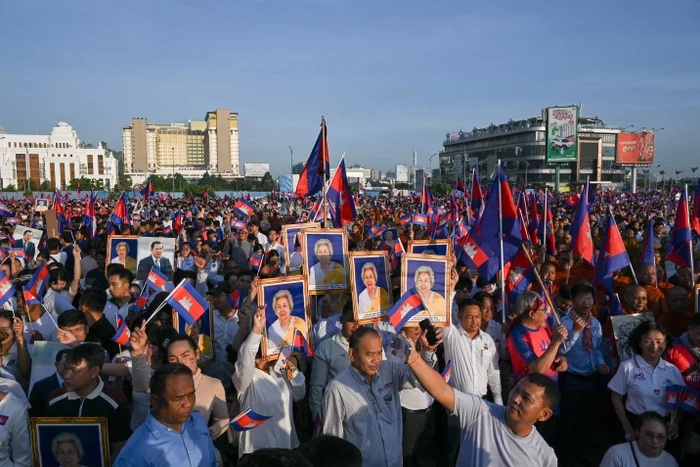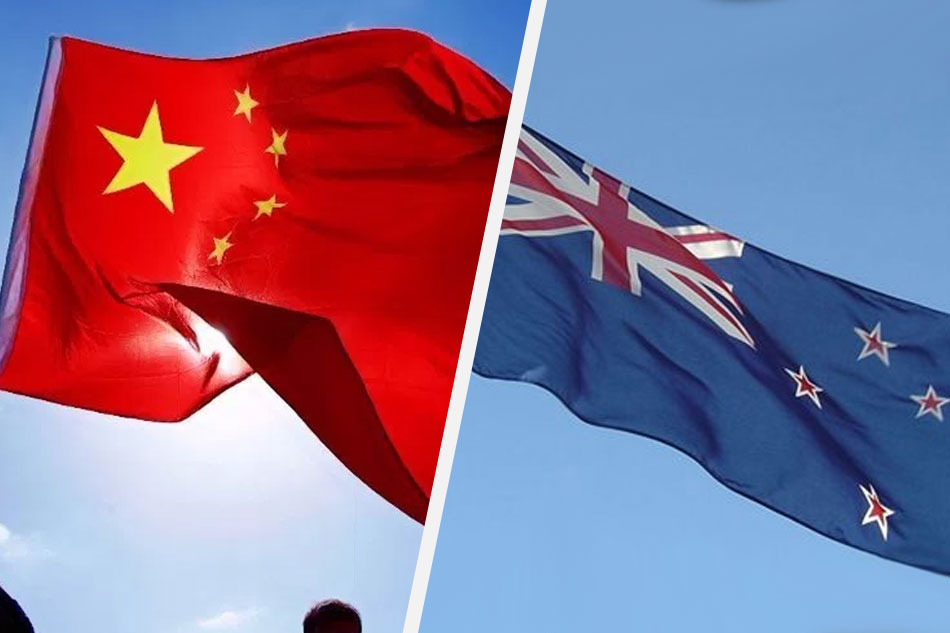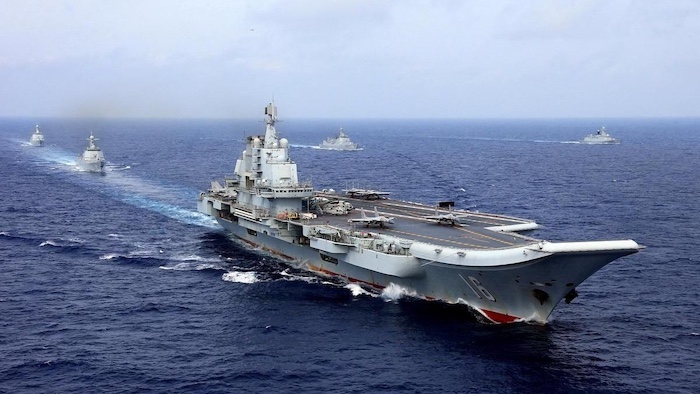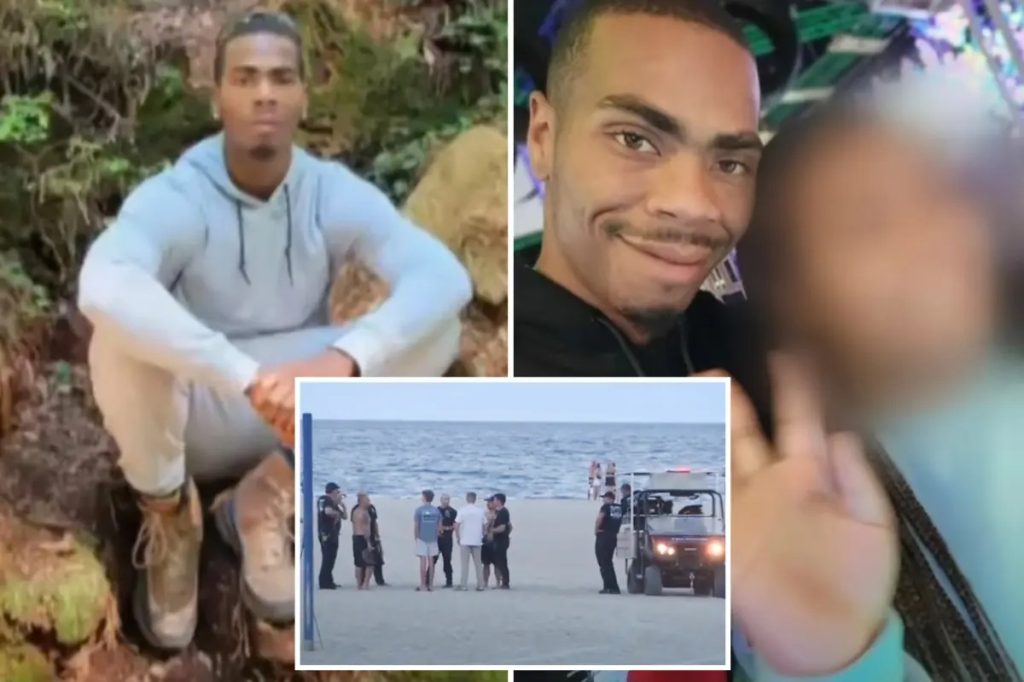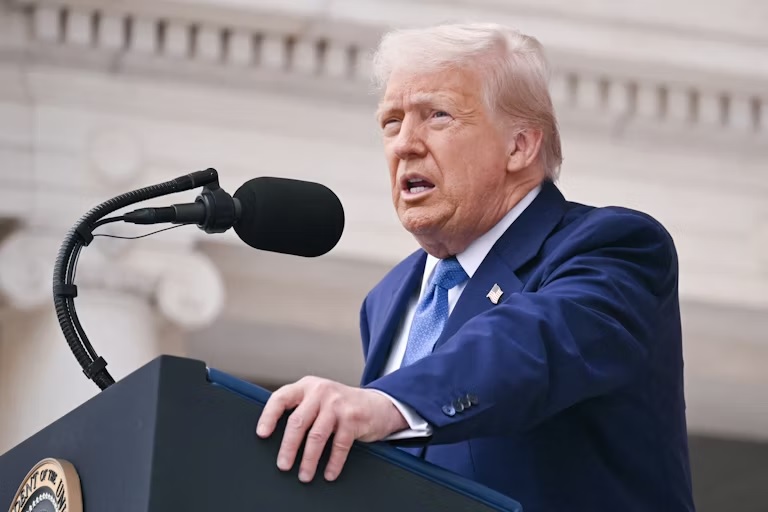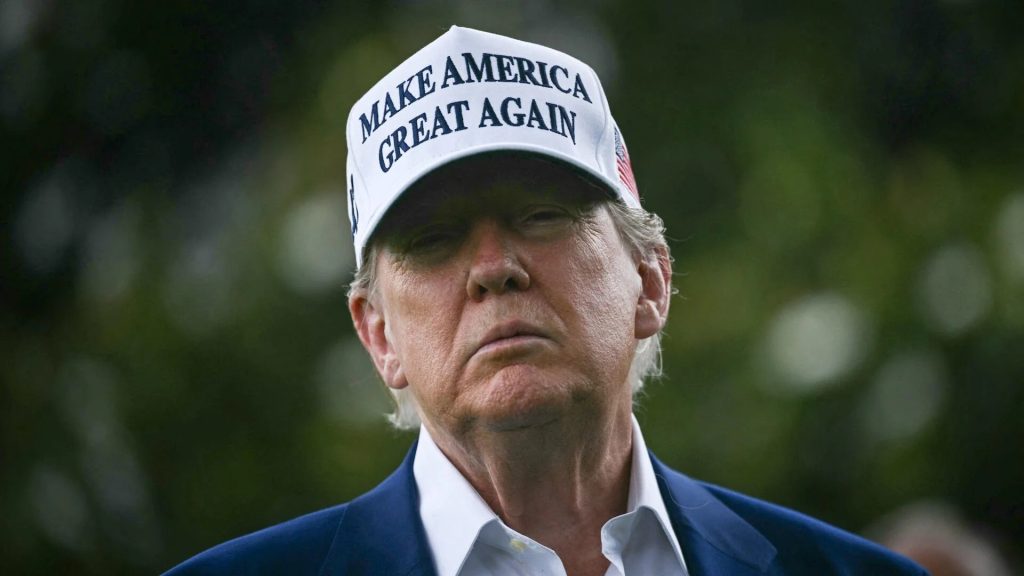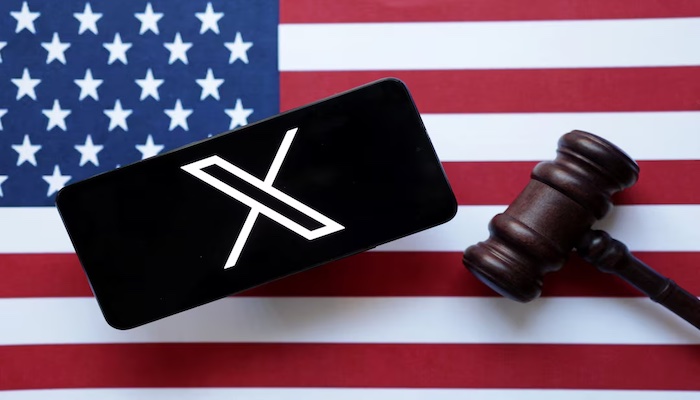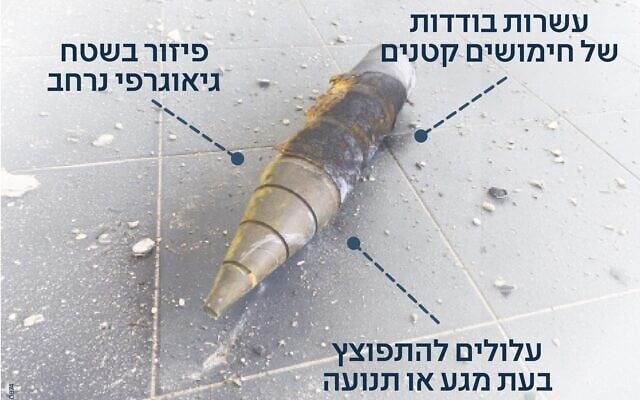Africa
Benue Bleeds, Aso Rock Sleeps: How Tinubu’s Delayed Visit to Benue Is Fueling Public Outrage and Political Fallout
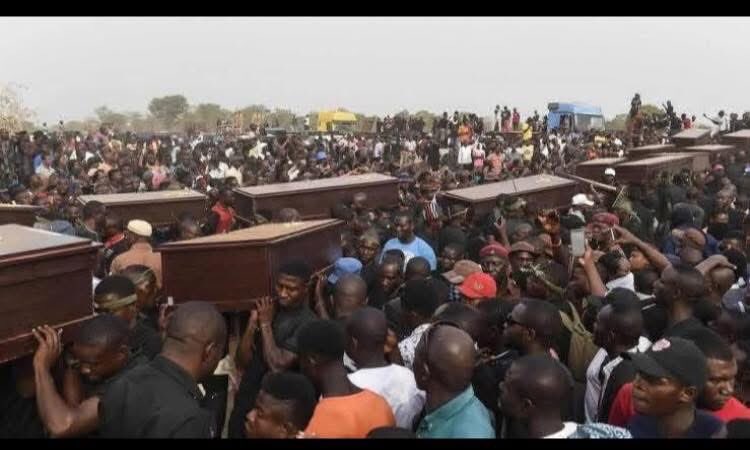
As the dust settles over Yelewata, the small Benue State community devastated by a brutal massacre that claimed over 150 lives, the political storm around President Bola Tinubu’s delayed response continues to intensify.
What should have been a unifying moment of national mourning has turned into a lightning rod for public anger, opposition critique, and growing skepticism about the administration’s commitment to security and empathy.
President Tinubu’s decision to wait five days before visiting Benue—following one of the deadliest attacks in Nigeria’s recent history—has provoked sharp backlash.
Critics say the delay reflects a troubling pattern of indifference and detachment from the suffering of ordinary Nigerians, particularly those caught in the protracted cycle of violence in the country’s Middle Belt.
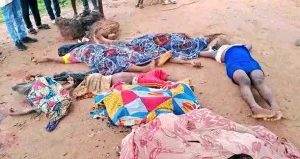
A Massacre That Demanded Urgency
The June 2025 killings in Yelewata were not just another tragic episode in Nigeria’s long history of communal violence.
Survivors reported that heavily armed assailants swept through multiple villages, torching homes, executing civilians, and sending thousands fleeing.
The scale and brutality stunned the nation—yet the response from the presidency was anything but swift.
While many Nigerians expected a national address or a swift deployment of top security officials, the president remained abroad on what was described as a “working visit” to Europe.
It wasn’t until the fifth day—after mounting pressure from citizens, religious leaders, and political opponents—that Tinubu finally traveled to the state capital, Makurdi.
But even then, controversy followed: the president did not visit the actual site of the massacre in Yelewata, opting instead for meetings with state officials and victims receiving treatment in hospitals.
For many, it felt like a photo-op, not a heartfelt act of national leadership.
Criticism from Across the Aisle
The president’s delayed response opened a political vacuum that opposition leaders quickly filled. Former Vice President Atiku Abubakar led the charge, accusing Tinubu of “gallivanting across Europe while Nigerians are slaughtered at home.”
Peter Obi, presidential candidate of the Labour Party, said the president’s “lack of urgency undermines national morale and emboldens criminal elements.”
Even non-partisan voices weighed in. Civil society groups, human rights organizations, and clergy in Benue and across Nigeria condemned the administration’s perceived apathy.
“If he cannot lead with empathy, he should at least pretend to care,” one critic said during a televised panel on national security.
For many Nigerians, the symbolism of presidential presence in the wake of tragedy matters just as much as policy and on that front, Tinubu fell short.
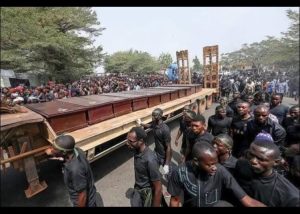
Damaging Perceptions, Fraying Support
Beyond political optics, the controversy is beginning to erode confidence in the president’s leadership.
Tinubu ran on a platform of strong national security and decisive governance. His delay in responding to the Benue massacre has raised questions about both.
In Benue and neighboring Middle Belt states, citizens feel abandoned.
“We are the ones always burying our dead,” one local pastor said. “Why does it take days for the president to even acknowledge our pain?”
This has serious implications for Tinubu’s political base. While the Middle Belt has never been an APC stronghold, it is strategically important for coalition building and national unity.
Alienating these states—especially through perceived indifference—could have long-term consequences in upcoming elections.
Security or Spectacle?
In response to mounting pressure, Tinubu has since ordered a military crackdown in affected areas and summoned security chiefs for an emergency briefing.
Soldiers have been deployed to Benue, Plateau, and other flashpoints, while police forces are on high alert.
However, critics argue that these actions feel reactive, not strategic.
The president’s supporters cite the deployments as proof of his commitment. But others say it’s “too little, too late.”
Analysts point out that while force may offer temporary calm, the deeper causes of violence—land disputes, arms proliferation, poverty, and religious tensions—remain unaddressed. Unless these root issues are tackled, more massacres may follow.
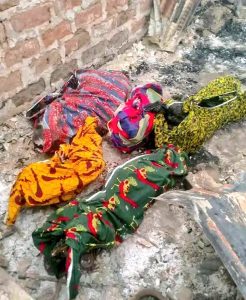
A Crisis of Leadership—and Empathy
What stands out in the Benue backlash is not just a security failure, but a failure of emotional leadership.
In times of national trauma, citizens look to their leaders for reassurance, solidarity, and swift action.
They want a commander-in-chief who shows up—physically and emotionally.
Tinubu’s absence in the critical days following the massacre sent a dangerous signal: that some lives in Nigeria matter less than others.
Whether intended or not, the result is a growing perception that the presidency is distant, unfeeling, and slow to act in moments of crisis.
The delayed Benue visit may mark a turning point in how Nigerians evaluate President Tinubu’s leadership.
The outcry has exposed vulnerabilities—not just in the country’s security apparatus, but in the presidency’s ability to respond with speed, empathy, and resolve.
With insecurity escalating across multiple states, Tinubu can no longer afford delayed gestures or performative visits.
The next crisis may already be unfolding—and this time, Nigerians will be watching more closely than ever.
For Diaspora Digital Media Updates click on Whatsapp, or Telegram. For eyewitness accounts/ reports/ articles, write to: citizenreports@diasporadigitalmedia.com. Follow us on X (Fomerly Twitter) or Facebook





